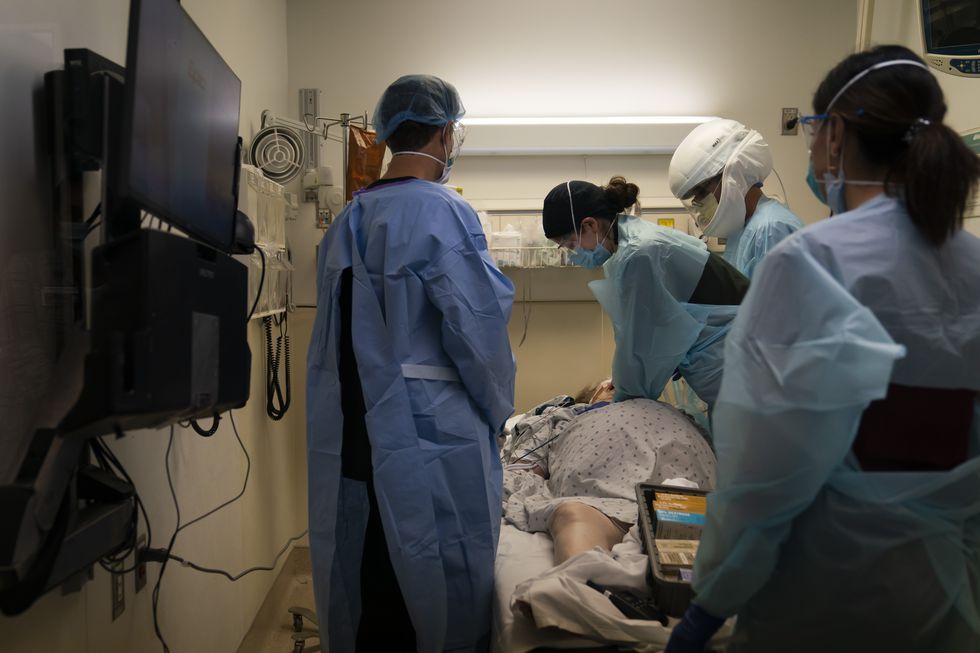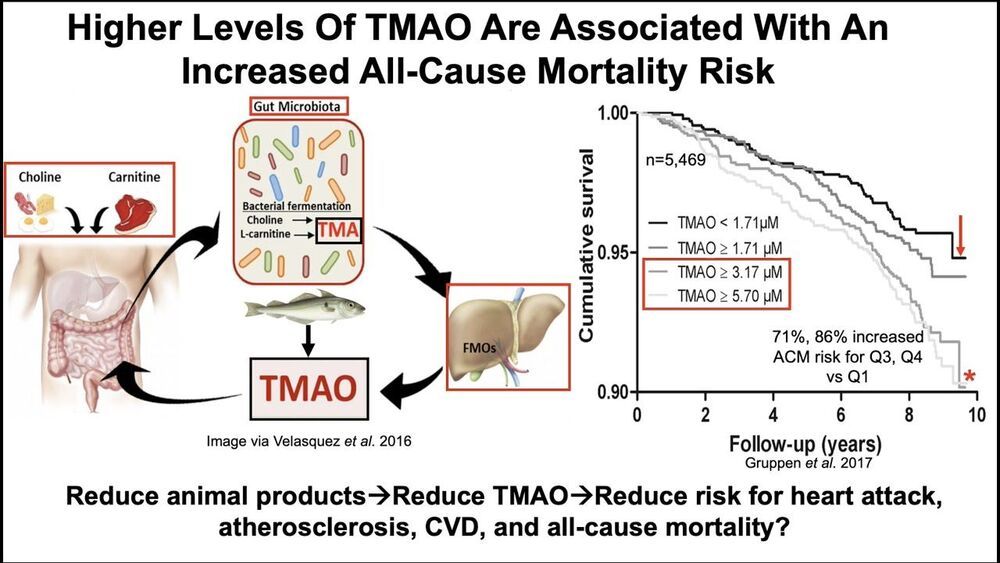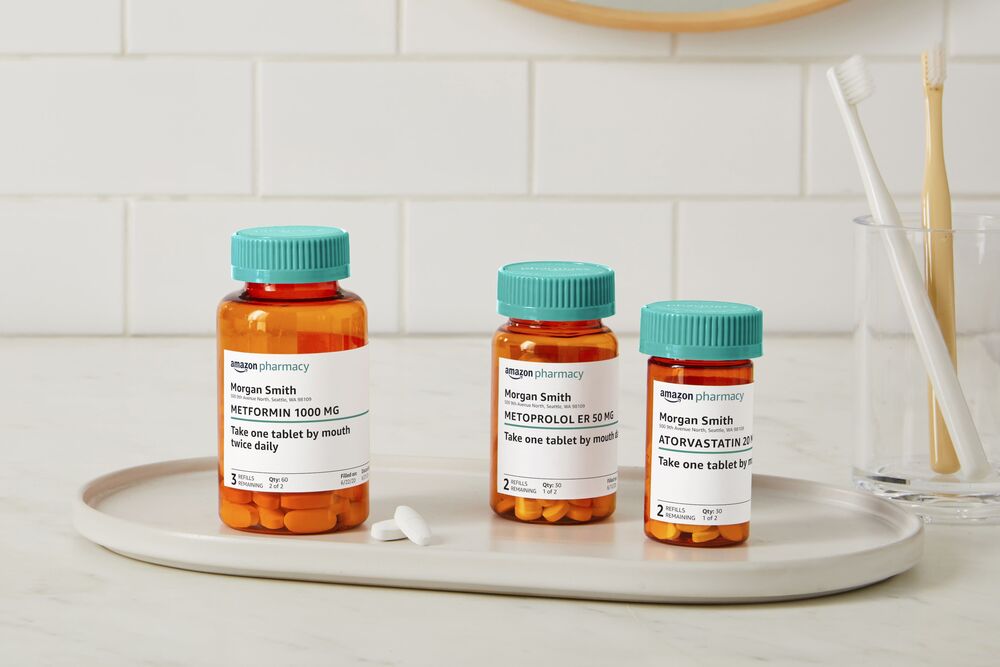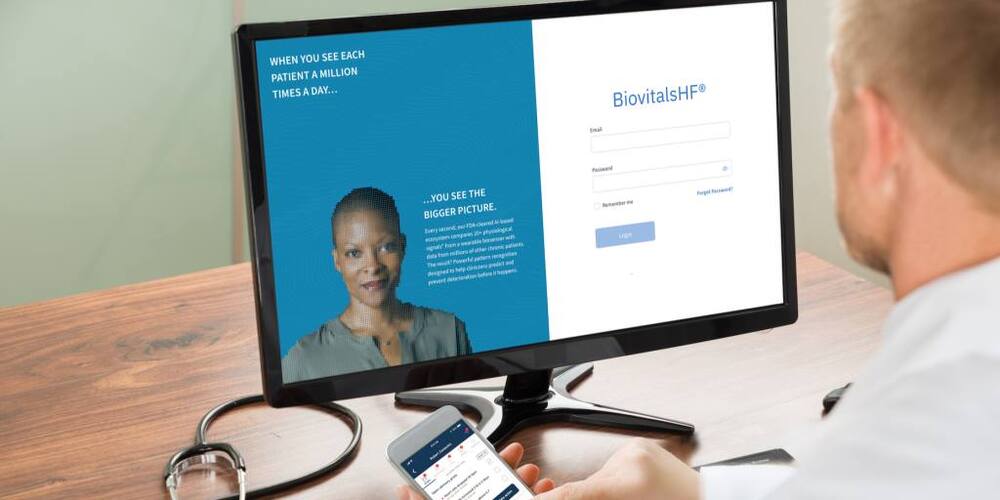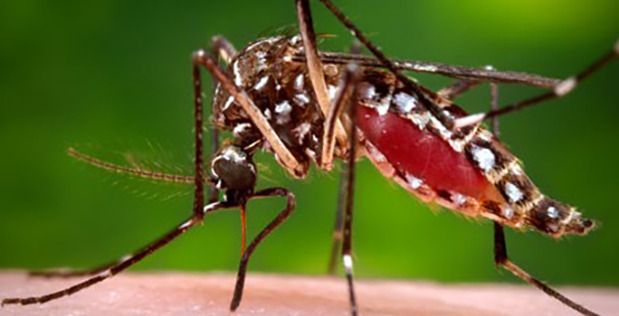Nov 21, 2020
FDA allows emergency use of antibody drug Trump received
Posted by Heather Blevins in categories: biotech/medical, health
(AP) — U.S. health officials Saturday agreed to allow emergency use of a second antibody drug to help the immune system fight COVID-19, an experimental medicine that President Donald Trump was given when he was sickened last month.
The Food and Drug Administration authorized use of the Regeneron Pharmaceuticals Inc. drug to try to prevent hospitalization and worsening disease from developing in patients with mild-to-moderate symptoms.
The drug is given as a one-time treatment through an IV. The FDA allowed its use in adults and children 12 and over who weigh at least 88 pounds (40 kilograms) and who are at high risk of severe illness from COVID-19 because of age or certain other medical conditions.
